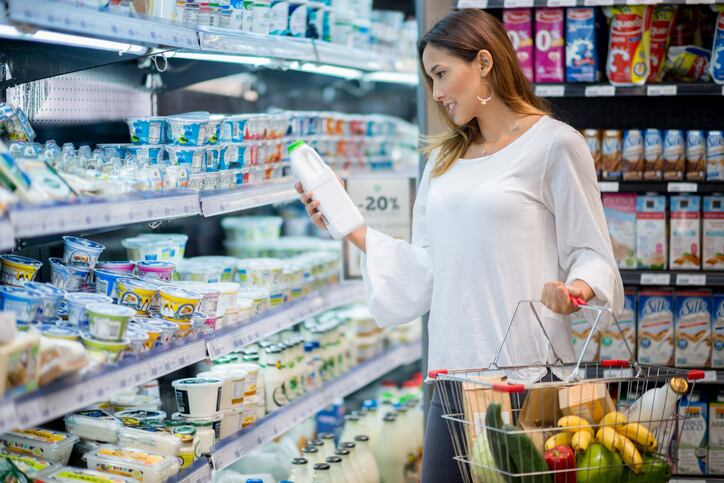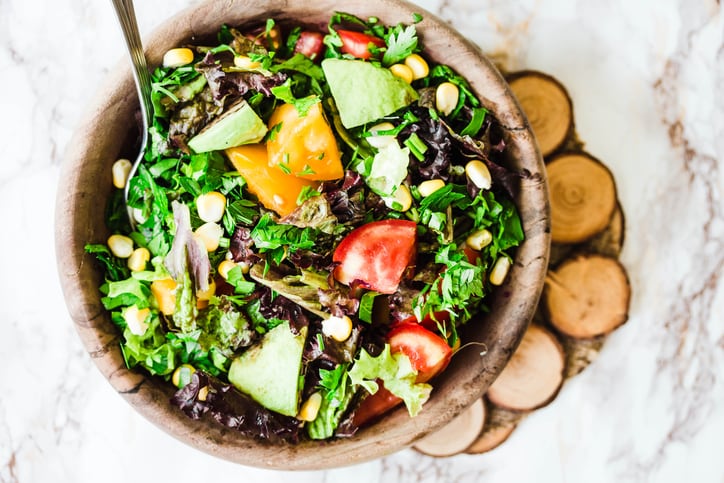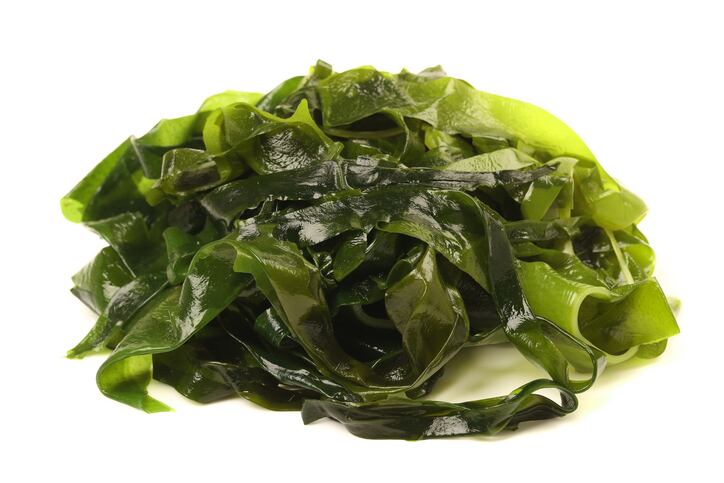Ingredient lists are being scrutinized increasingly closely - 67% of all consumers read the ingredients globally, according to a survey by supplier Kerry, with 48% reading the nutrition panel - and in an era of social media sharing, brands can easily be 'named and shamed'.
Fiorella Espinosa is a researcher specialized in health and nutrition at Mexican consumer rights organization El Poder del Consumidor. She took to Twitter earlier this year to draw attention to what she sees as a lack of national brands making clean label products.
Espinosa tweeted a photograph of a yogurt with the following comment: “Why do gringos produce and export to us yogurt without additives (conservatives, stabilizers, etc) – in other words only milk and cultures – but not in Mexico? Are we second-class? Are there fewer or worse regulations?”
The yogurt in question, made by Mexican dairy manufacturer Grupo Lala, contains gelatin, modified starch, mono and di-glycerides as stabilizers, and natamycin as a preservative. In capital letters on the packaging, it says it is free from sugar and artificial sweeteners.
Fellow Twitter users commented on Espinosa’s tweet, suggesting other Mexican dairy brands she could buy instead, such as Bové or Flor de Alfalfa.
Choose the clean label attributes consumers want
Despite the desire to eat healthily and buy more natural, clean label products, price is still a barrier for many Latin American consumers.
This means that manufacturers may choose to target either the price-conscious or premium-minded consumers, or will develop diverse portfolios with brands that appeal to both. Grupo Lala, for its part, takes this dual approach in Mexico. In addition to yogurt with gelatin and other additives, it also manufactures organic, all-natural dairy products.
Ana Paula Gilsogamo, food and drink analyst at market research company Mintel said: “Although Brazilians want products with natural sweeteners and that are free from artificial colors or flavors, most are not willing to pay more for these benefits."
However, a survey conducted by Mintel also showed that many are willing to pay more for certain attributes, such as added vitamins and minerals or fiber. These claims appealed to 50% and 49% of Brazilian consumers surveyed respectively.
“This means, depending on the attributes, price doesn't have much weight,” said Gilsogamo.
Know what claims you can legally make
For some companies, the uncertainty of seeing a return on investment can hinder product reformulation.
According to Sten Estrup, the vice president of LATAM and APAC for supplier Chr. Hansen, a lack of harmonized regulations within Latin America is an obstacle to clean label uptake, particularly for companies that sell in more than one country.
“When you have a limitation on how you can communicate the benefits of your choice of ingredient, it becomes a limiting factor in general," Estrup said.
There is less incentive for manufacturers to switch to a more expensive natural color, for instance, if they can’t make on-pack claims about the benefits for the consumer.
'A valid investment for the whole of Latin America'
For Soledad Almeida, taste marketing manager for the LATAM region at ingredient supplier Kerry, however, “the [clean label] investment is valid for the whole of Latin America”.
“Clean Label is a global trend and Latin America is no different,” Almeida said. “Globally the consumer is looking for better and more nutritious foods [and] replacing artificial ingredients by natural ingredients is a good action to respond to this.
“The market is in transformation,” Almeida added. “The governments of each country are implementing agreements of labeling and reduction of salt and sugar with the industry. […] Several brands and big chains have already made this move. Today you can find a lot of them increasing the product launches with fewer ingredients.”
Gilsogamo also sees the market evolving in this direction, and manufacturers can help by 'educating' consumers.
“As organic and natural claims are discussed more and more in the media, and these claims are being highlighted by brands, it is understandable that these claims build more value to consumers,” Gilsogamo told FoodNavigator-LATAM.
“To increase value perception towards natural sweeteners, […] brands could work on this gap educating more consumers about the importance of these claims,” she added.




